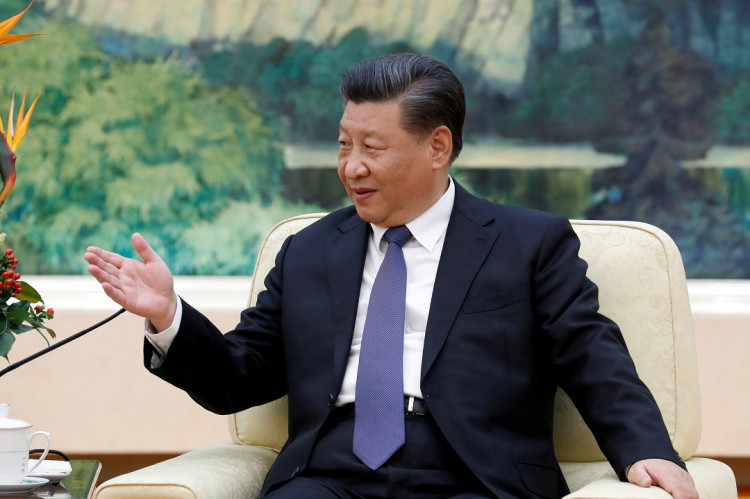Chinese President Xi Jinping is using his three-nation Southeast Asia tour to position China as a champion of multilateralism and free trade in the face of escalating trade tensions with the United States. In a series of appearances and op-eds, Xi has urged countries to support a global system based on the United Nations, international law, and stable supply chains, while warning against what he called "unilateral bullying acts."
Xi arrived in Kuala Lumpur on Tuesday for a three-day visit following a state reception in Hanoi, where he met with Vietnamese President Luong Cuong and Communist Party General Secretary To Lam. "As beneficiaries of economic globalization, both China and Vietnam should strengthen strategic resolve, jointly oppose unilateral bullying acts, uphold the global free trade system, and keep global industrial and supply chains stable," Xi said, according to China's Ministry of Foreign Affairs.
China and Vietnam signed cooperation agreements covering supply chains and railway projects. Xi also pledged increased market access for Vietnamese agricultural exports, although no specific terms were disclosed.
Xi's regional tour-covering Vietnam, Malaysia, and Cambodia-coincides with economic uncertainty following President Donald Trump's announcement of sweeping tariffs on global trade. China is now subject to 145% duties, and several Southeast Asian countries, including Malaysia, were targeted with additional 24% tariffs before a 90-day reprieve was announced.
In an opinion piece published Tuesday in Malaysia's The Star, Xi wrote that a United Nations-centered international system is key to "promote fairer and more equitable global governance." He added, "We must uphold the multilateral trading system, keep global industrial and supply chains stable, and maintain an international environment of openness and cooperation."
Xi's arrival in Malaysia comes as the country chairs the 10-member Association of Southeast Asian Nations (ASEAN). Xi is expected to meet with Malaysian Prime Minister Anwar Ibrahim and King Sultan Ibrahim. ASEAN Secretary-General Kao Kim Hourn told CGTN the pending free trade agreement with China "will bring more tariffs down to zero in many cases, and then expand to all the areas."
China has been Malaysia's largest trading partner since 2009, with total trade reaching 484.1 billion ringgit ($109.65 billion) in 2023, according to Malaysia's foreign ministry. Belt and Road Initiative investments in Malaysia include an $11.2 billion railway project and a proposed East Coast Rail Link that could eventually connect to Laos and Thailand.
"From the Chinese perspective, it's mostly about ensuring China's influence in the region remains strong and vibrant, with Southeast Asia being China's major trading partner," said Oh Ei Sun, a senior fellow at Singapore's Institute of International Affairs.
"China can offer a lot to Vietnam and other ASEAN countries during this volatile period," said Nguyen Thanh Trung, a professor at Fulbright University Vietnam. "I think China can be a leader."
Beijing has framed its outreach as inclusive and stabilizing. "China will work with Malaysia and other countries of the Association of Southeast Asian Nations regional bloc to combat the undercurrents of geopolitical and camp-based confrontation," Xi wrote in The Star, vowing to deepen cooperation through Belt and Road and related infrastructure initiatives.






